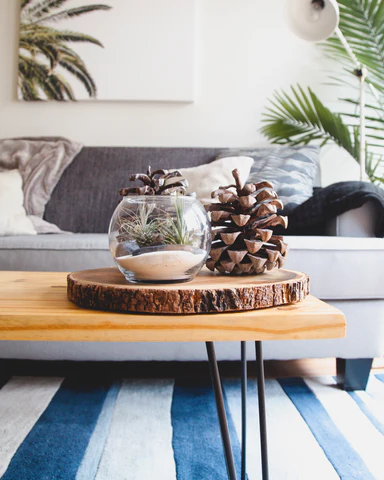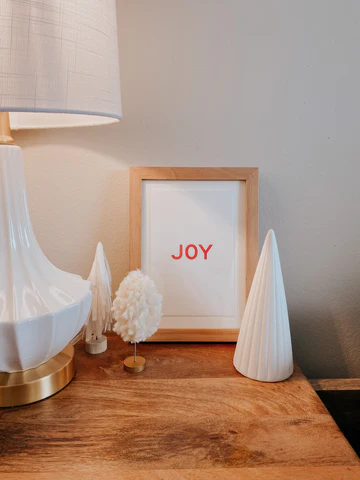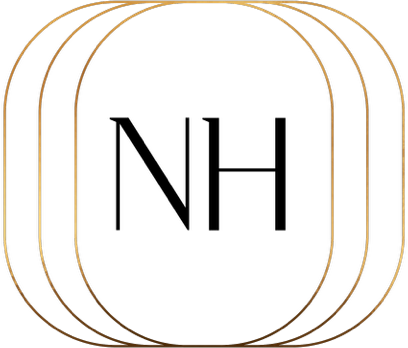Feng Shui (pronounced “Fung Shway”) is the ancient Chinese practice of managing, balancing and harmonizing your environment.
The word Feng translates as “wind” and the word Shui means “water”, which together represents balance and harmony.
The fundamental belief in Feng Shui is that everyone and everything in the Universe is connected by a web of energy flows. This energy is called “Ch’i”.
According to Feng Shui, all aspects of a person’s life can be improved if items are placed in “lucky” or auspicious locations to channel this Ch’i energy in the most balanced way possible.
Another central belief in Feng Shui is that a person’s environment deeply affects their health, wealth, relationships, finance, and career. Balancing and managing Ch’i effectively will lead to positive outcomes in all of these areas.
The arrangement of a person’s home, in Feng Shui belief, is one of the most vital aspects of this process. The shape and placement of furniture, the type of artwork and accessories on display, how comfortable and organized the home is in general can all affect Ch’i flow and energy balance.

Feng Shui provides a wide array of helpful guidelines and “cures” or solutions that consultants use to bring a home into better harmony for its occupants.
The benefits of these changes are wide ranging, from improvements in health, wealth and career, to better relationships and increased happiness.
We are slowly coming out of winter and it is great time to start evaluating things around our home, specially since we are spending so much time and using the space for many different activities. I have put together 3 Feng Shui guidelines to help you revise the rooms around your home.
1. Learn to live with what you love, Marie Kondo, first introduced this idea of “items that spark joy”. We need to make important decisions about our personal belongings. Deciding what belongings you do not need, do not like, or can easily live without
2. Prioritize comfort & safety, we do not need to sacrifice these important aspects to stay on top of the latest trends and styles.
3. Be organized, when clutter is reduced the environment will experience an increase in healthy Ch’i flow.

You might be wondering what is considered clutter? Items such as stacks of disorganized paperwork, old magazines no one ever reads, the junk drawer in the kitchen with items we have accumulated and we do not use or ever remember we own, piles of forgotten belongings inside closets, boxes of abandoned items in the basement.
The above is a form of physical clutter, we should also turn inwards and evaluate all the emotional clutter we also hold and builds up inside our bodies and lead to tension and unhappiness. Feeling angry, holding grudges, living with worry, fear or anxiety can all produce emotional and spiritual clutter.
So, let’s start looking inward and around us to find the cherished balance we all are seeking to live a healthy life amongst a surrounding that we love and support us.
If you want to read and learn more or follow Nathalie, subscribe to nathaliehennebert.com or follow us on IG: @nathalie_hennebert_design

